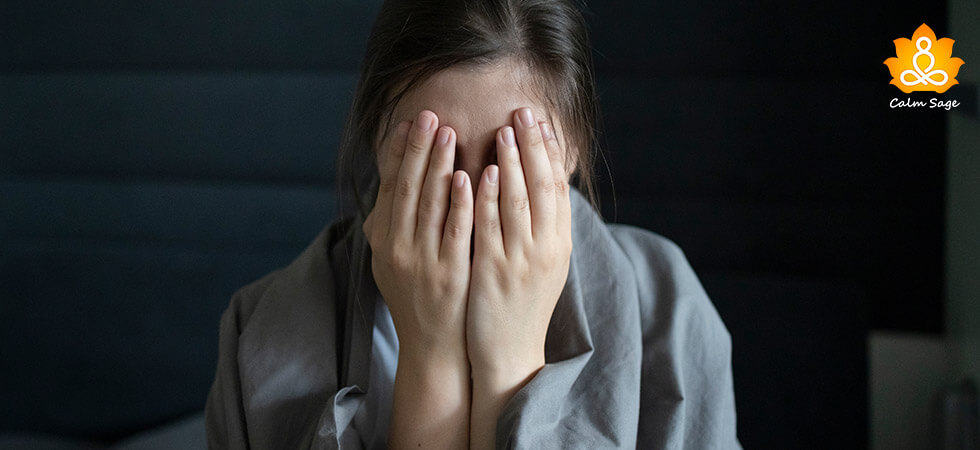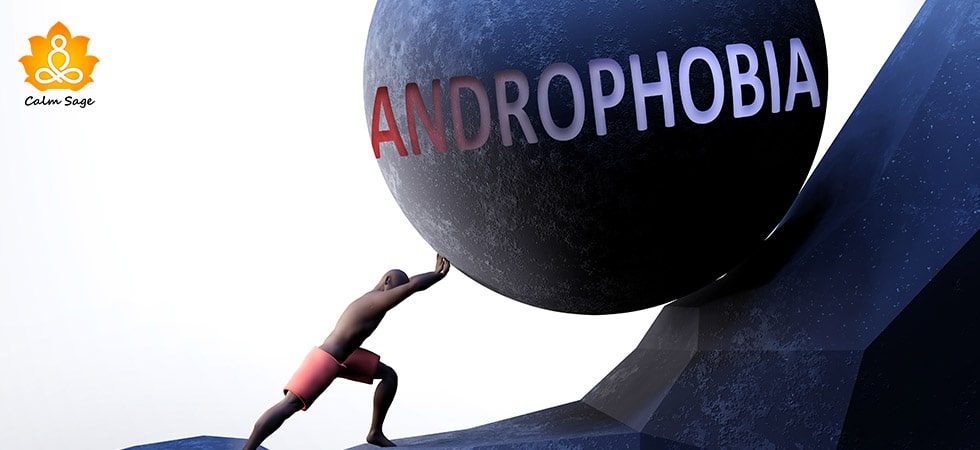Paraphobia – What is It and How To Deal With It

Do you get cold sweat when your partner ask you to take relationship on next level? Do you Hesitate getting close to your partner? if the above question sounds familiar to you, you might have Paraphobia. Paraphobia is a fear of sexual perversion.
Before we delve into the details, you should know the Diagnostic and Statistical Manual of Mental Disorders, Fifth Edition (DSM-5), does not recognize paraphobia as a distinct disorder.
Now that the basics are clear, let’s read further.
What is Paraphobia?
A phobia is influenced by several factors, like how you have been raised and your culture, and involves distressing fear of an object or situation.
However, when we talk of paraphobia, it is a fear of sexual perversion. In this phobia, some people fear being perverted while others about others’ perversions. In some cultures, cross-dressing and homosexuality is considered an act of perverts, while in modern societies, it is perfectly normal. This makes defining paraphobia complex resulting in defining it as personalized fear.
Someone who suffers from it just by thinking about sexual perversion experiences excessive anxiety. Sometimes, they experience panic attacks due to it. Though the occurrence of such episodes is less, it is there.
To explain it better, let us take an example of a person dealing with paraphobia. The person is in a relationship but refuses to make the sexual connection because the partner’s definition of perversion differs from his or there is a fear making it difficult for the person to form a relationship. Such worry creates anxiety, and they struggle with maintaining relationships.
Symptoms of Paraphobia
Phobia doesn’t have similar symptoms to fear. The signs you see in someone dealing with a phobia are intense, and they interfere with their day-to-day activities. A person with a fear of sexual perversion exhibits the following symptoms:
- Increases heartbeat
- Short breath
- Anxiety
- Nausea
- Dry mouth
- Irrational fear
- Terror
- Panic
- Sweating
- Muscle tension
- Trembling
- High blood pressure
Sometimes due to excessive fear, they might encounter panic attacks with symptoms like a racing heartbeat and quick breathing. Also, they might feel as if they will have a heart attack.
Causes of Paraphobia
As paraphobia is not an officially recognized diagnosis, so we can’t be certain of its exact causes. However, certain factors play a significant role in paraphobia:-
- Genetics
- Family history
- Upbringing
- Traumatic experiences
- Brain abnormalities.
Impact of Paraphobia
Similar to other phobias, because of paraphobia, a person can face issues at school, work, home, and in relationships. Also, due to the fear of sexual perversion, they face difficulty forming and keeping up with their relationships.
Moreover, when people fear the symptoms of their condition, they cut themselves off from the world, making it difficult for them to get an education or work. Luckily, the right treatment can help manage the feeling of helplessness, loneliness, and shame.
Dealing with Paraphobia
Paraphobia is curable, and it can be managed by following these practices:
Mediation – Through physical signs, our body tells us a lot about what goes within. To feel more connected and be aware of your situation, pay attention to signs of stress and address them.
Mindfulness – we all worry about what will happen next, what will be like 1 hour later, but we never focus on what is now. Hence, the best way to deal with anxiety and phobia is to practice mindfulness and live in the present.
Exercise – when you exercise, your body releases different hormones which help the body to feel happy and relaxed.
Deep breathing – When you get anxious and fear things, it is best to practice deep breathing. It helps lower the heart rate and focus on the present.
How can Paraphobia be Treated?
Due to fear, seeking help is the first step if your daily activities are hampered. Here are some tips that can help you cope with paraphobia.
1. Psychotherapy
Out of all the therapies, exposure therapy is the most effective way to treat people with phobias. The process involves slow and steady exposure to the source of fear. This makes the person get accustomed to the feared situation or object and learn how to manage it. In addition, combining CBT with Exposure helps address the negative and anxious thoughts that add to phobic responses.
Note – If the fear results from religious or cultural background, meet with a trusted religious advisor as it will help in faster recovery.
2. Medication
Selective serotonin reuptake inhibitors (SSRIs) and benzodiazepine are sometimes prescribed to help manage anxiety symptoms. These medicines should not be taken without a prescription, and they help when psychotherapy is also ongoing.
To get better help, contact the Substance Abuse and Mental Health Services Administration (SAMHSA) National Helpline at 1-800-662-4357 is also suggested.
Paraphobia – Don’t Worry It Can Be Dealt With
If a partner forces you into activities, you are uncomfortable with or makes you feel guilty for not participating, it is unacceptable. Similarly, judging your partner for having the desire to try new things or having wild fantasies to explore new sexual experiences within the boundaries of legality and safety is also not correct.
When in a relationship, keep the communication open and have mutual respect. If, as a couple, you face issues in maintaining sexual relations, seek couple therapy as it helps foster acceptance and find a balance between individual needs and desires.
Dealing with paraphobia requires a delicate and sensitive approach that takes time. However, with the right guidance, dealing with your fear becomes easy and it no longer dominates your life. Effective treatments for specific phobias, including paraphobia, are available. If you find yourself or anyone you know struggling with paraphobia, seek the help of a therapist.




















